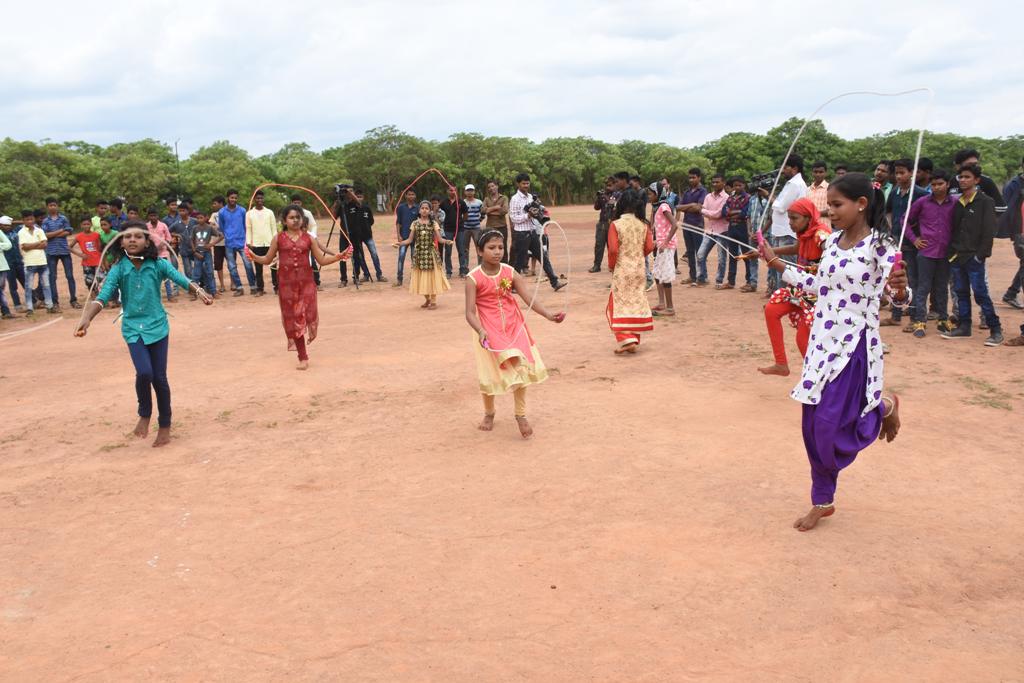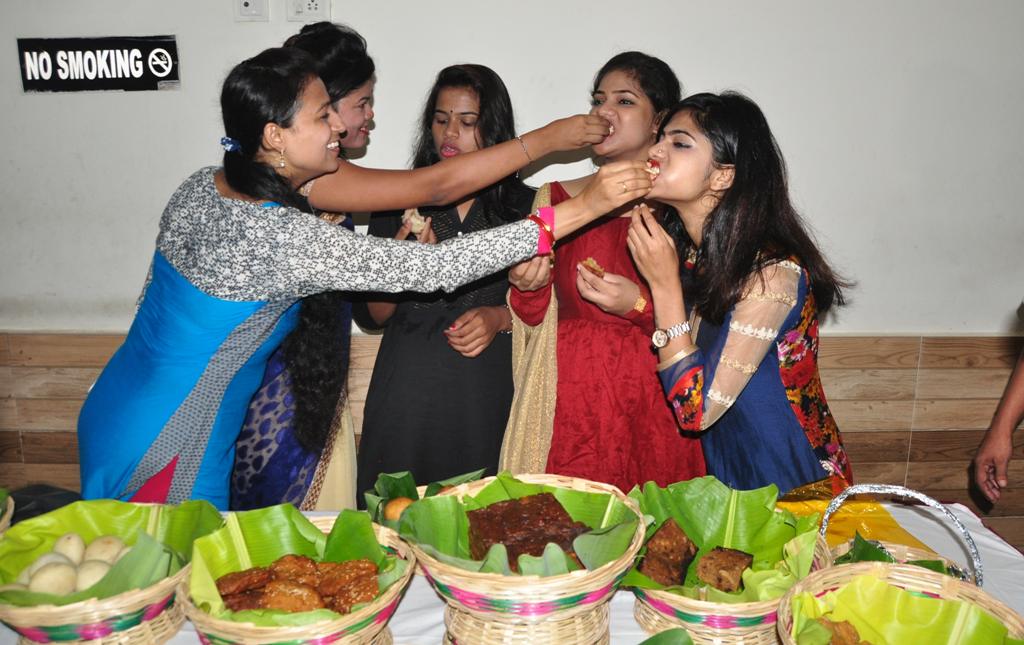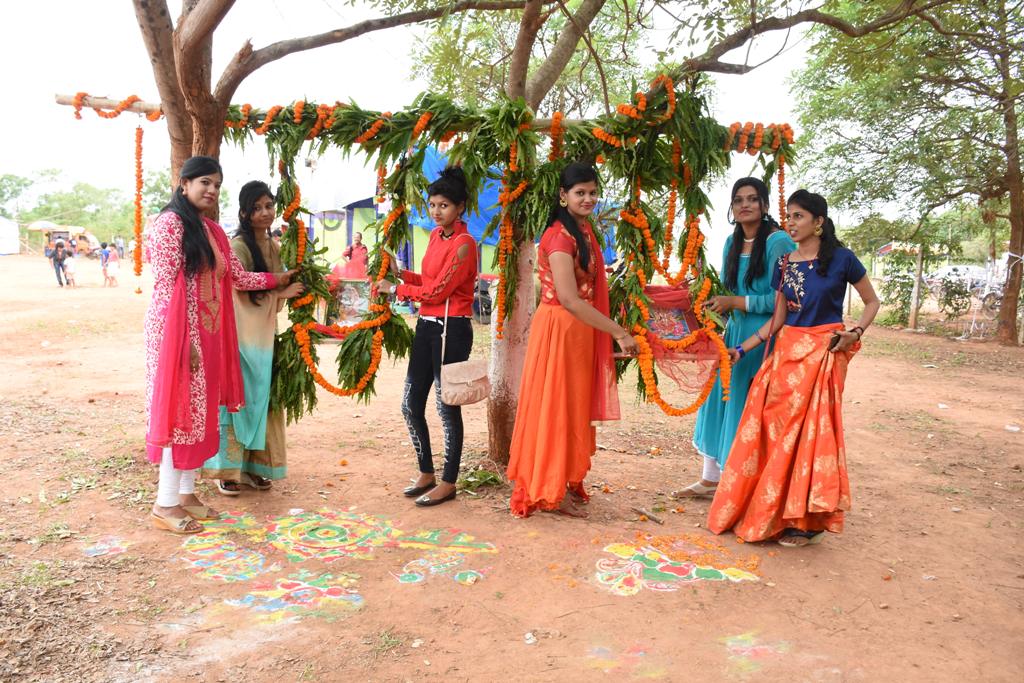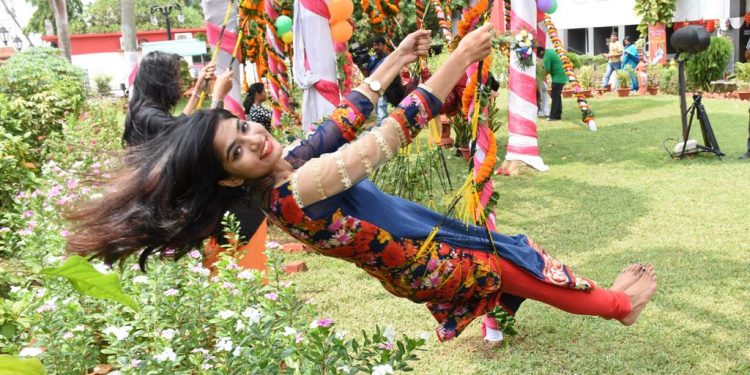India is a country with hundreds of festivals. But Odisha perhaps is the only state where a woman’s menstruation is celebrated with a festival which also has an association with Mother Earth.
Raja, a three-day festival in Odisha, is a unique celebration of menstruation and womanhood. It is believed that Mother Earth menstruates for those three days. The fourth day marks the ceremonial bath of Bhudevi called ‘Basumati Snana,’ which indicates the end of the ‘menstruation period’ of Mother Earth. For those three days, Mother Earth is given rest. No agricultural activities are undertaken as Mother Earth is believed to be rejuvenating. The three-day festival sees widespread celebrations where young women shun all household activities, including cooking, and have fun all day. While many aspects of the state’s culture have faded away in the face of creeping urbanisation, Raja continues to be celebrated in many parts of the state.
Sunday POST decided to find out whether mothers still value the spirit of the festival.

Manjula Subudhi, a schoolteacher from Puri, says, “It’s a practice we have been following since our forefathers’ time. When I was a kid, I used to celebrate Raja with fanfare without realising its connection to menstruation. When I went to college, I came to know more about the significance of the festival. Whatever the reason, in my younger days, maidens used to have loads of fun during the three-day festival. We were not allowed to chop vegetables or cook or do anything that might tire us. But being a woman of the 21st century and an educationist, I don’t believe in these practices. I wonder why girls should be given relief only for these three days. They should be allowed to lead life on their own terms every day. We should celebrate women and womanhood every day and not just for three days or four days a year, and we must treat women with respect and care. I have two daughters. And for them every day is equal. I must say, however, that we enjoy those three days as we get to spend time with each other.”

Bijayalakhmi Dash, a homemaker from Bhubaneswar, says, “Gone are the days when women were barred from plucking fruits or flowers during menstruation as they were considered impure. Many still believe that menstrual blood is impure. They should know that the same blood keeps a life on for nine months inside the mother’s womb. Odisha celebrates womanhood and observes the Raja festival to break taboos around menstruation. When it comes to barring daughters from doing household duties for three days, I must say that it does not have any justification. Being a parent, I treat my sons and daughters equally. My daughters do help me in household chores but not always. I do not spare them from chores just because of Raja. Every day is the same for them.”
For Bhanumati Palai, a homemaker from Talcher, and her daughters, the days of the Raja festival are no different from other days. “Raja is a festival of fun for all of us,” says Bhanumati. “Things were different when I was young. Seeing the face of any unmarried girl during her menstrual cycle was considered taboo. During Raja, as Mother Earth menstruates, all agricultural work used to be suspended. Being an Odia, I respect my culture and traditions, and I love celebrating the festival with my near and dear ones. But I never follow the rituals blindly. I hardly make my daughters work in the normal course. Last year during Raja, however, I was down with malaria. It was my daughters who prepared traditional delicacies and took care of me. Had they not helped I would have found it very difficult.”

Bishnupriya Das from Bhadrak says, “Raja is the time when girls are pampered by the family. Previously, in Hindu homes menstruating women remained secluded because they were considered impure, were not allowed to touch anything and were given full rest. Similarly, Mother Earth is given complete rest for three days and all agricultural work is suspended. I belong to a farming family. Since my childhood, I have been celebrating Raja. But I was unaware of the connection between Raja and menstruation till my grandma told me about it. Even though I am from a small village, my parents are broad-minded. My sisters and I never faced situations that other menstruating girls faced. We led a free life be it Raja or any other day. Hence, Raja does not make any difference to my daughter and me.”
She continues: “I am proud of my state’s traditions and culture. However, when it comes to barring my daughter from doing household chores during Raja, I never do that. Raja is a festival when we spend quality time with each other and do household work together.”
Homemaker Smruti Rekha Das Bhanja says, “Raja is a festival of fertility and positivity. It is a celebration of womanhood that symbolises productivity. It is also a festival of farmers as they gear up for the next cropping season from the day of Raja. Most importantly, it breaks the taboo against menstruation. Those days are gone when girls were given rest for three days to celebrate the festival. Nowadays, it is hardly observed particularly in urban areas.”

Basanti Das, a septuagenarian from Garadpur, says, “Raja is celebrated when the land, after being left idle for a season for renewal, is prepared for paddy cultivation. I still remember when our parents did not let us carry even a glass of water during the three days of Raja. We were forbidden to do any sort of household chores. We used to enjoy these days to the fullest. In the last two decades, I have observed that people have stopped following such rituals. Times have changed so has people’s psyche. Earlier, girls found it embarrassing to talk about menstruation in public. But now, films are being made on the subject. So, in this age, the concept of barring girls from doing household chores for three days seems stupid. Yet, I am proud that my state celebrates a festival that welcomes puberty.”
Sunita Das from Paradip says, “During Raja, women and young girls take a break from all household work. They enjoy themselves on swings, play indoor games, and wear new sarees. Mother Earth is given rest, as it is believed she too is going through her periods. On the fourth day, ladies clean the grinding stone with turmeric paste and adorn it with flowers and sindoor as part of the Basumati Snana ritual which marks the end of festival. Though I was barred from doing any sort of work and was given complete freedom during Raja, my daughter Sweety does whatever she wants to do. I don’t expect her to follow the rituals.”
RASHMI REKHA DAS, OP






































